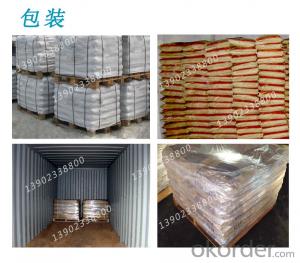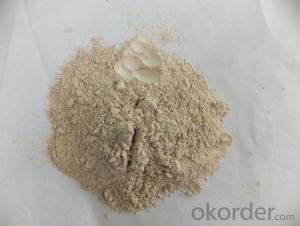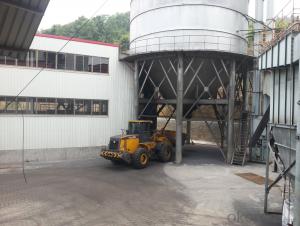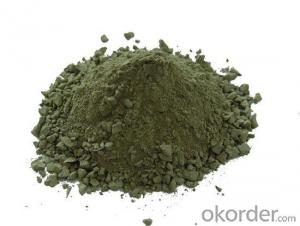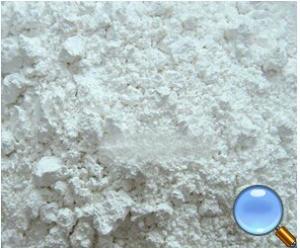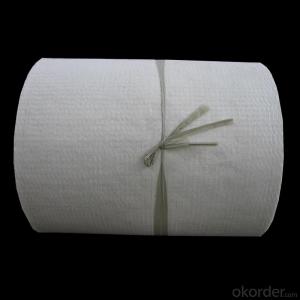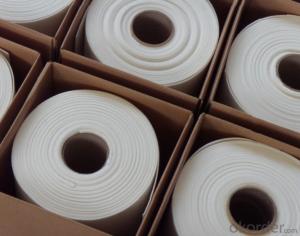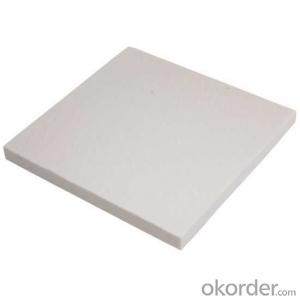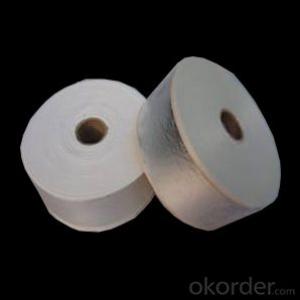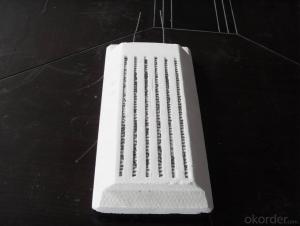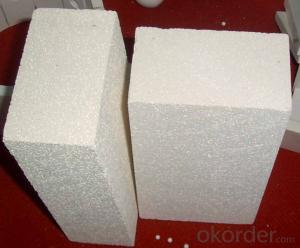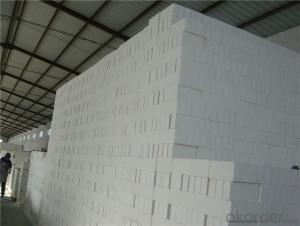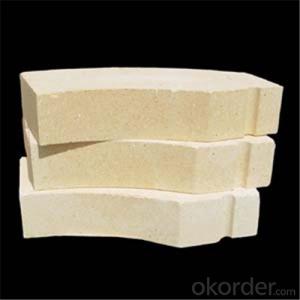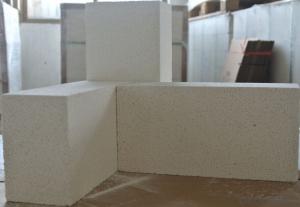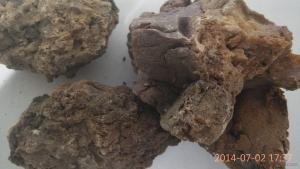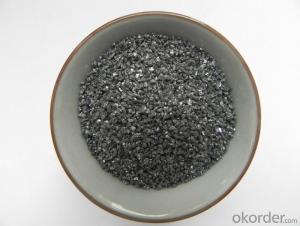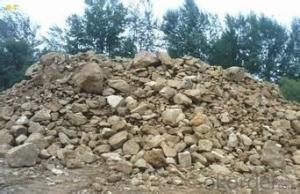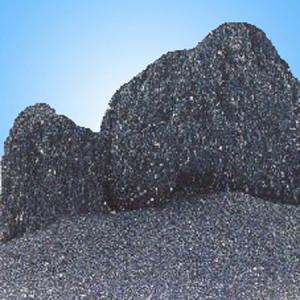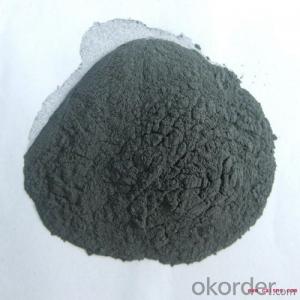All Categories
- - Steel Wire Rod
- - Steel Coils
- - Steel Profiles
- - Steel Pipes
- - Stainless Steel
- - Tinplate
- - Special Steel
- - Steel Sheets
- - Steel Rebars
- - Steel Strips
- - Hot Rolled Steel
- - Cold Rolled Steel
- - Pre-painted Steel
- - Seamless Steel Pipe
- - Welded Steel Pipe
- - Hollow Steel Tubes
- - Galvanized Pipe
- - Stainless Steel Coil
- - Stainless Steel Sheet
- - Stainless Steel Plate
- - Stainless Steel Strips
- - Electrolytic Tinplate Coil
- - Electrolytic Tinplate Sheet
- - Stainless Steel Rebars
- - Solar Panels
- - Solar Water Heater
- - Solar Related Products
- - Solar Inverter
- - Solar Cells
- - Solar Light
- - Solar Energy Systems
- - Solar Controllers
- - Solar Mounting System
- - Solar Pump
- - Solar Chargers
- - Fiberglass Chopped Strand
- - Fiberglass Mesh Cloth
- - Composite Pipes
- - FRP Pultrusion Profiles
- - Fiberglass Mat Tissue
- - Fiberglass Fabrics
- - Fiberglass Mesh
- - Composite Tank
- - Fiberglass Mesh tape
- - Polymer
- - FRP Roofing Panel
- - Fiberglass Roving
- - Monolithic Refractories
- - Ceramic Fiber Products
- - Refractory Bricks
- - Raw Materials For Refractory
- - Suspended Platform
- - Cranes
- - Concrete Machinery
- - Earthmoving Machinery
- - Building Hoist
- - Road Building Machinery
- - Plastic Pipe Fittings
- - Plastic Tubes
- - Plastic Sheets
- - Agricultural Plastic Products
- - Plastic Nets
Monolithic RefractoriesView More
Ceramic Fiber ProductsView More
Refractory BricksView More
Raw Materials For RefractoryView More
Q & A
How does the porosity of refractory materials affect their performance?
The porosity of refractory materials directly affects their performance as it determines their ability to withstand high temperatures, thermal shock, and chemical corrosion. Higher porosity allows for better insulation and lower thermal conductivity, making them suitable for applications requiring heat retention. However, excessive porosity can compromise their structural integrity and increase the risk of permeability to molten metals or gases. Therefore, finding the right balance of porosity is crucial to ensure optimal performance in different refractory applications.
What are the refractory materials used in the chemical and petrochemical industries?
Refractory materials commonly used in the chemical and petrochemical industries include alumina, silica, magnesia, and chrome-magnesia. These materials possess high temperature resistance, chemical inertness, and excellent mechanical strength, making them suitable for lining furnaces, reactors, and other high-temperature equipment in these industries.
What are the different types of refractory mortars for thermal insulation?
There are several types of refractory mortars used for thermal insulation, including air-setting, heat-setting, and chemical-setting mortars. Air-setting mortars harden at room temperature and are commonly used for low-temperature applications. Heat-setting mortars require heat to cure and are suitable for higher temperatures. Chemical-setting mortars, on the other hand, use a chemical reaction to harden and are often used in extreme heat conditions.
How are refractory bricks installed in industrial furnaces?
Refractory bricks are installed in industrial furnaces by carefully arranging and positioning them in specific patterns, using refractory mortar or cement to ensure secure placement. The bricks are laid in layers, with each layer staggered to create a strong and stable structure. The installation process also involves cutting and shaping the bricks as needed to fit the furnace walls, roof, and floor. Additionally, anchoring systems or metal reinforcements may be used to further strengthen the brickwork and prevent shifting or collapse during furnace operation.
Wholesale Refractory Materials from supplier in Ghana
With a focus on the Ghana market, we are committed to providing top-quality Refractory Materials to our customers. Our main services include sales, quotations, and technical support for a wide range of Refractory Materials products. As a subsidiary of CNBM, a Fortune Global 500 company, we have the resources and expertise to offer comprehensive procurement solutions for Refractory Materials in Ghana.
Our extensive product portfolio ensures that you will find the right materials to meet your specific requirements. Whether you need refractory bricks, castables, ceramic fibers, or other related products, we have you covered. We understand the unique challenges and demands of the Ghana market and can provide valuable insights and recommendations for your projects.
At our company, we prioritize customer satisfaction and strive to build long-term partnerships. We are dedicated to delivering high-quality products, competitive pricing, and excellent customer service. Our team of experts is always ready to assist you with any technical questions or support you may need.
Choose us as your trusted supplier of Refractory Materials in Ghana, and let us help you achieve success in your projects. Contact us today for more information or to request a quotation.
Our extensive product portfolio ensures that you will find the right materials to meet your specific requirements. Whether you need refractory bricks, castables, ceramic fibers, or other related products, we have you covered. We understand the unique challenges and demands of the Ghana market and can provide valuable insights and recommendations for your projects.
At our company, we prioritize customer satisfaction and strive to build long-term partnerships. We are dedicated to delivering high-quality products, competitive pricing, and excellent customer service. Our team of experts is always ready to assist you with any technical questions or support you may need.
Choose us as your trusted supplier of Refractory Materials in Ghana, and let us help you achieve success in your projects. Contact us today for more information or to request a quotation.
Hot Search
- Monolithic Refractories in Dominican
- Ceramic Fiber Products in Fiji
- Refractory Bricks in Romania
- Raw Materials For Refractory in Brunei
- Refractory Bricks in Greece
- Refractory Bricks in Benin
- Raw Materials For Refractory in Burundi
- Raw Materials For Refractory in Cuba
- Refractory Bricks in Barbados
- Monolithic Refractories in Croatia
